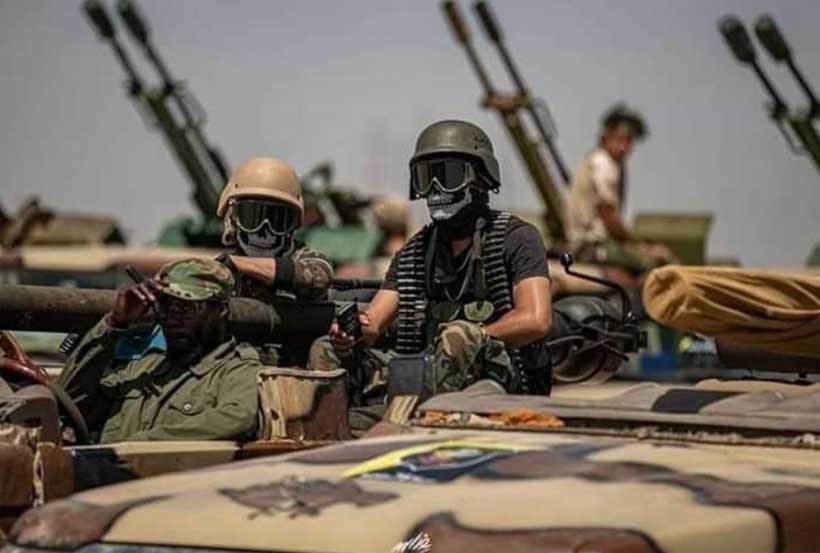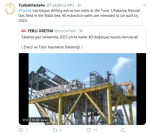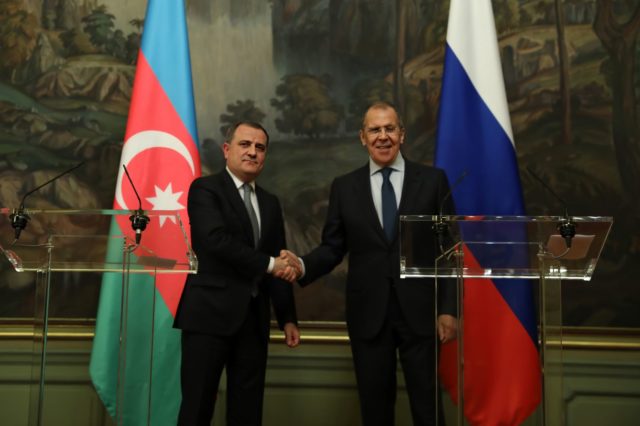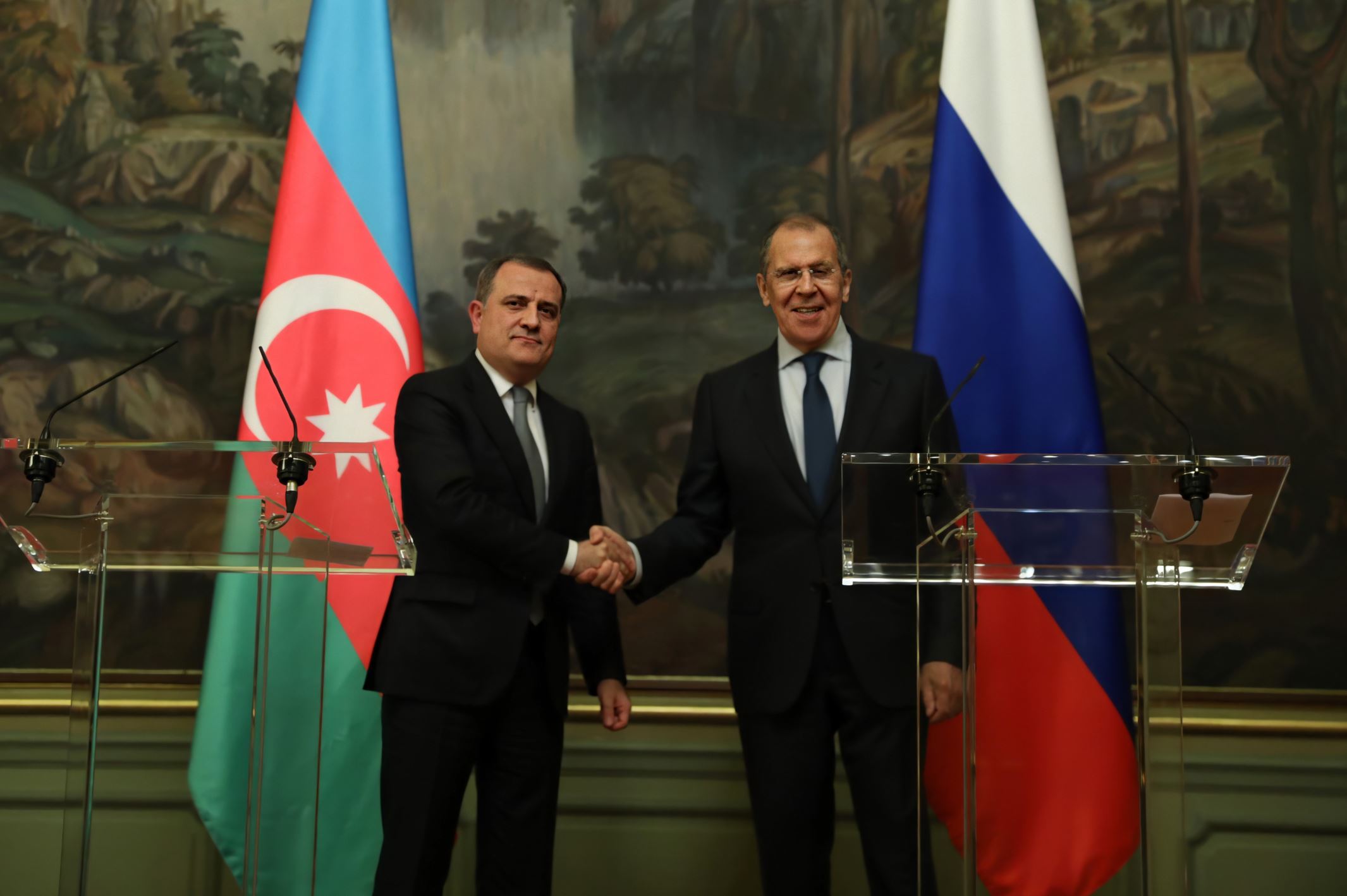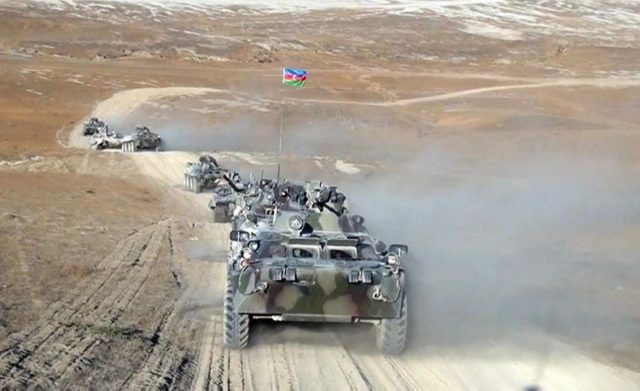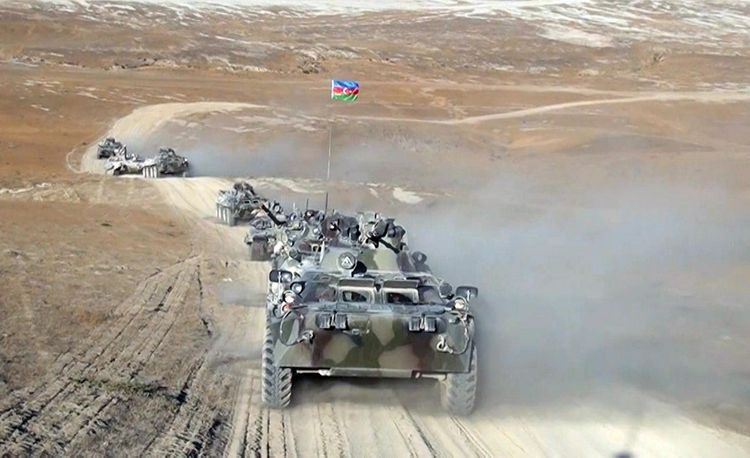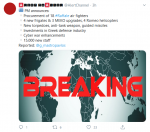Greece, France in “Complete Agreement” Regarding Turkey
By
Patricia Claus
-
Sep 10, 2020
French President Emmanuel Macron and Greek Prime Minister Kyriakos Mitsotakis. Credit: Greek Government
Greek Prime Minister Kyriakos Mitsotakis and French President Emmanuel Macron said they were in “complete agreement” regarding the direction to take in response to Turkey’s repeated incursions and infractions in the Eastern Mediterranean, according to government sources in Athens.
The Greek and French leaders had a meeting in Corsica this afternoon and evening on how best to deal with Turkey’s recent provocations in the Mediterranean, which have included sending an oil and gas drilling vessel to the sea area between Crete and Cyprus, accompanied by Turkish naval vessels.
According to Reuters, President Macron and PM Mitsotakis were in “complete agreement” over what should be done next, namely that Turkey needs to face EU sanctions unless it withdraws its vessels from the area and agrees to de-escalization talks with Greece.
At the Corsican summit, attended by leaders of the Mediterranean nations who are part of the EU, the two leaders expressed their solidarity in the face of the continued Turkish aggression.
Just before the summit, and in unusually blunt language, French President Macron had flatly announced to reporters that “Turkey is no longer a partner in this region.”
The Associated Press reported that Macron stated “We Europeans need to be clear and firm” with Turkish government about what he called its “inadmissible behavior.”
Athens sources told Reuters that Prime Minister Mitsotakis will soon disclose more details regarding today’s tete à tete with President Macron. The meeting, taking place on the sidelines of the summit, reportedly included talks regarding a “strategic partnership” which may be announced with France as part of an address the Greek leader will be giving this weekend.
After the summit, the Med 7 leaders issued a joint statement, reproduced below, which mentions that the next summit will be held in Greece:
Ajaccio declaration after the 7th Summit of the southern EU countries
1- We, the Heads of State and Government of Cyprus, France, Greece, Italy, Malta, Portugal and Spain, met on 10 September in Ajaccio for the seventh summit of the southern countries of the European Union (Med7).
2- In the face of the unprecedented crisis caused by the COVID-19 pandemic which has profoundly affected the populations and economies of our countries, the multiplication of regional crises and the escalation of tensions in the Mediterranean, it is more essential than ever for us to build a united and solidary Europe, that is able to meet all the challenges it faces and to defend the interests, the sovereignty and the sovereign rights of the European Union and its Member States with strength and determination.
For a renewed Mediterranean policy
3- We highlight the strategic importance of the Southern Neighborhood for Europe. 25 years after the launch of the Barcelona Process and more than ten years after the establishment of the Union for the Mediterranean, we propose to give a new impetus to a holistic European policy in the Mediterranean, with the aim of strengthening the capacity of the EU and its Member States to respond collectively to the various challenges of the region. In this perspective, and having in mind the ongoing work in the European Institutions, we propose to renew the Southern Partnership between the European Union, its Member States and our southern neighbours. We look forward to the Union for the Mediterranean Regional Forum on the 27th November, marking the 25th anniversary of the Barcelona Declaration, preceded by an EU-Southern Neighborhood meeting, in Spain, that will mark the first steps of this renewed Mediterranean policy.
4- This renewed Southern Partnership should aim at further strengthening the euro-Mediterranean relationship, including by strengthening the Union for the Mediterranean, consolidating the 5+5 Dialogue and promoting the achievements of the Summit of The Two Shores of the Western Mediterranean. It should be based on a positive political agenda, focused on the development of concrete cooperations on topics of common interest defined jointly with our southern partners: reforms, democratic governance, resilience of civil society, climate and environment, green transition, trade and investment, energy, culture and heritage protection, migration and mobility, youth empowerment and digital agenda. Taking into account that insecurity in the Sahel-Saharan area has a direct impact on the security situation in the Mediterranean, special attention will have to be paid to this region, especially regarding fight against terrorism and human trafficking and smuggling that contribute to irregular migration.
5- This renewed partnership should also allow us to find creative and constructive ways to manage euro-Mediterranean common goods and address issues of common interest, including access and sustainable management of natural resources. Joint commitments to protect biodiversity in the Mediterranean could thus be made at the “One Planet Summit” in Marseille in January 2021 and the Union for the Mediterranean’s Ministerial Conference on Sustainable Blue Economy later in 2021. In the context of the promotion of the Blue Economy in the Mediterranean basin, we remain committed to further develop, also engaging with our southern partners, the use of Copernicus services for the monitoring and management of coastal areas. The initiative for the Sustainable Development of the Blue Economy in the Western Mediterranean (WestMED Initiative) could provide a valuable example for the whole basin of a balanced North – South cooperation. Efforts should also be scaled up to achieve ambitious results at UNFCCC COP 26 and its events taking place in Italy, included the “Youth4Climate” Conference in Milan that will offer young people the opportunity to give a concrete contribution to the climate action. Similarly, the meeting of Heads of State/Government that will take place in Greece, in due course, on the protection of cultural and natural heritage from climate change impacts, will be another opportunity for close cooperation. The Generation Equality Forum which will take place in France in the first half of 2021 will also be an opportunity to engage civil societies on both sides of the Mediterranean towards a greater common ambition in terms of equality between women and men.
Peace and stability in the Mediterranean
6- We reiterate our full support and solidarity with Cyprus and Greece in the face of the repeated infringements on their sovereignty and sovereign rights, as well as confrontational actions by Turkey. We call upon all the countries in the region to abide by international law, in particular international law of the sea, and encourage all parties to resolve their disputes through dialogue and negotiation. In this respect, we welcome the mediation efforts of the HR/VP and Germany in order to achieve a resumption of the dialogue between Greece and Turkey on the maritime zone issue. In addition, we welcome the invitation by the Government of Cyprus to negotiate with Turkey, noting that delimitation of exclusive economic zones and continental shelf should be addressed through dialogue and negotiation in good faith, in full respect of international law and in accordance with the principle of good neighbourly relations. In line with recent European Council and EU Council conclusions, we regret that Turkey has not responded to the repeated calls by the European Union to end its unilateral and illegal activities in the Eastern Mediterranean and the Aegean Sea. We reaffirm our determination to use all adequate means at the disposal of the European Union in response to these confrontational actions. In line with the latest Informal Meeting of EU Foreign Ministers (Gymnich), we agree to speed up work on the additional listings based on the proposals tabled so far, with a view to its rapid adoption. We maintain that in absence of progress in engaging Turkey into a dialogue and unless it ends its unilateral activities, the EU is ready to develop a list of further restrictive measures that could be discussed at the European Council on 24-25 September 2020.
7- The volatile situation in Libya represents a threat to the stability of the country and of the entire region, including the European Union, and contributes to the aggravation of the terrorist threat and to human trafficking and smuggling. We recall the need for the EU to do its utmost to contribute to efforts to stabilize Libya. Capacity building is key for the Libyan authorities to acquire control over the land and sea borders and to combat transit and smuggling activities. We welcome the announcements issued on August 21 by the Heads of the Presidential Council and of the House of Representatives of the State of Libya that established founding principles for a shared path to overcome the current stalemate. It is a positive step in the right direction that must be developed. There is no military solution to the crisis: we urge all parties to agree to a ceasefire and to recommit themselves to the political dialogue under the aegis of the United Nations and the parameters agreed upon in the Berlin Conference. We also call for the immediate resumption of the oil production throughout the country, while also working to establish mechanisms to ensure an equitable and transparent distribution of oil revenues.
We reiterate our opposition to all foreign interference in this conflict, wherever it may come from, and remain determined to enforce the UN arms embargo, including through Operation Irini, whose violations exacerbated the current military escalation in Libya. We also remain ready to adopt sanctions against those involved in violating the embargo and human rights as well as those who oppose the political process.
8- The explosion in Beirut on 4 August, which struck the city in its heart, was a shock to the Lebanese people as well as to all of Lebanon’s friends and partners, first and foremost the European Union. This tragedy has hit a country already weakened by the very deep political and economic crisis that it has been experiencing for several months and which continues to worsen. In these difficult times, we stand by the Lebanese people and we will continue to do our utmost to meet the country’s most pressing needs and accompany it on its way to economic adjustment. We reiterate that priority must be given to the swift formation of a government that can implement the reforms that the Lebanese people have been waiting for too long.
9- In Syria, the situation continues to deteriorate and the country is sinking into a cycle of lasting instability. Through our assistance to the Syrian people and refugees, through our determined action against terrorism within the International Coalition Against Daech, we seek to mitigate the effects of this tragedy. Our objective remains that of relaunching the political process and creating the conditions for the voluntary, safe and dignified return of refugees. The search for a negotiated political solution under the aegis of the United Nations is the only possible way out of the Syrian crisis. In this spirit, and while the Syrian regime continues its obstruction of any political change, we will continue to make the financing of Syria’s reconstruction and the normalization of relations with Damascus conditional on the implementation of a credible and lasting political solution.
10- In Cyprus, recognizing that the status quo is not a viable alternative for the country, we fully support the declared commitment of the UN Secretary General to maintain his efforts for resuming negotiations from they were left off at Crans Montana Conference in 2017, leading to a viable comprehensive settlement of the Cyprus problem on the basis of a bicommunal, bizonal federation with political equality, as set out in the relevant UNSC resolutions and in line with the EU acquis, values and principles. We call all parties to commit and contribute to such a settlement, including its external aspects.
11- Regarding the Middle East peace process, only a negotiated solution for the establishment of two States living in peace and security along secure and recognized borders, and based on agreed parameters and international law, can lead to a just and lasting peace in the region. We welcome the announcement on 14 August of the normalization of relations between Israel and the United Arab Emirates. Israel’s commitment to suspend the annexation of Palestinian territories is a positive step, which must become definitive. As the European Union has pointed out on several occasions, any annexation of any kind would constitute a serious violation of international law. Any unilateral measure that could jeopardize the two-State solution and the prospect of the resumption of negotiations must be avoided.
European agenda
12- We welcome the agreement reached on Next Generation EU in Brussels on 21 July, which will be the instrument for a coordinated European recovery in response to the COVID-19 crisis. This agreement, unimaginable just a few months ago, is an unprecedented and innovative development, one of the most important since the creation of the euro zone. It is a strong signal, that of a Europe of solidarity and future-oriented by supporting the digital, environmental and climate priorities. This agreement is also a new step towards greater economic and social convergence between Member States and between regions, and thus greater economic stability on the continent. In this context, we stress the importance of the social dimension of Europe’s recovery and reaffirm our commitment towards the implementation of the European Pillar of Social Rights.
13- It is now important to fully implement this agreement by rapidly adopting the texts enabling it to become operational on 1 January 2021. We must also work towards effective reform of the own resources system, taking into consideration the proposals which the Commission will put forward in the first semester of 2021 regarding the introduction of a carbon border adjustment mechanism and a European digital levy with a view to their introduction at the latest by 1 January 2023.
14- The agreement on the multiannual financial framework and the recovery plan will make it possible to accompany the European Union and its territories in their transition to carbon neutrality. We are determined to adopt as soon as possible and at the latest before the end of the year our new objective of reducing emissions by 2030, which should reflect the highest possible degree of ambition. We commit to strengthen our climate diplomacy efforts by COP26, in order to secure revised upward commitments from the world’s largest emitters. We also commit to advance in the process aimed at the possible designation of the Mediterranean Basin, as whole, as a Sulphur Emission Control Area (SECA) according to the decisions of the 21st Conference of the Parties of the Barcelona Convention (COP 21) held in Naples in December 2019.
15- The cooperation in the Mediterranean and the Atlantic regions is important for the completion of the Energy Union and for a fully integrated and interconnected European energy market, also with a view to putting an end to any isolation of Member States and islands from European gas and electricity networks. The Commission’s future offshore renewable energy strategy should envisage cooperation to promote all sources of renewable and clean energy, including a thorough assessment of their potentials, and instruments that support all marine energies, such as the financing of industrial scale demonstration projects.
16- The new European Pact on Migration and Asylum to be presented shortly by the Commission will have to be based on shared responsibility and solidarity. It will have to enable the Union to deal with exceptional situations at external borders as well as with structural flows and to address issues of concern for all Member States, from front-line States to those affected by secondary movements. Such a system of shared responsibility would be coessential to the establishment of an authentically European system for management of returns. This unique opportunity to overcome the differences between Member States should be used to rebuild an effective and fair common European asylum system and to reinforce cooperation with third countries of origin and transit. It is also an opportunity to strengthen the functioning of the Schengen area. Concrete support to third countries, particularly North African countries, needs to be ensured to provide for sufficient operational capacity to manage migrations flows. Moreover, the new European Pact on Migration and Asylum will have to establish a solidarity mechanism, including those rescued through search and rescue operations. Together we will continue to seek permanent and predictable solutions.
17- In the negotiations on the future of the partnership with the United Kingdom, our ambition remains to reach a comprehensive, fair and balanced agreement before the end of the transition period, that reflects the United Kingdom’s status as a third country and ensures a balance of rights and obligations. In accordance with the negotiating directives approved by the Council, the MED7 countries will pay particular attention to ensuring that the future partnership guarantees stable access to fisheries resources and robust level playing field provisions. To reach an agreement, it is essential that the United Kingdom makes real commitments in these areas. We will also remain vigilant on the effective implementation of the Withdrawal Agreement and of its three Protocols. At the same time, we stand ready for the inevitable changes that will occur at the end of the transition period, considering all possible scenarios, including the absence of agreement on the future partnership.
18- In the same spirit as the Schuman Declaration, adopted 70 years ago, meeting these historic challenges will require more European sovereignty, more concrete results and more real solidarity through coordination and action. If we want to succeed, European citizens must be closely involved in this reflection: this is why we support the ongoing work on the Conference on the Future of Europe. We welcome the adoption of the negotiating mandate in the Council, and now hope that we will quickly reach an interinstitutional agreement so that we can formally launch the Conference as soon as possible.
19- We agree to hold the next summit in Greece.
posted for fair use
Greek Prime Minister Kyriakos Mitsotakis and French President Emmanuel Macron said they were in “complete agreement” regarding the direction to take in response to Turkey’s repeated incursions and infractions in the Eastern Mediterranean, according to government sources in Athens. The Greek and...
greece.greekreporter.com
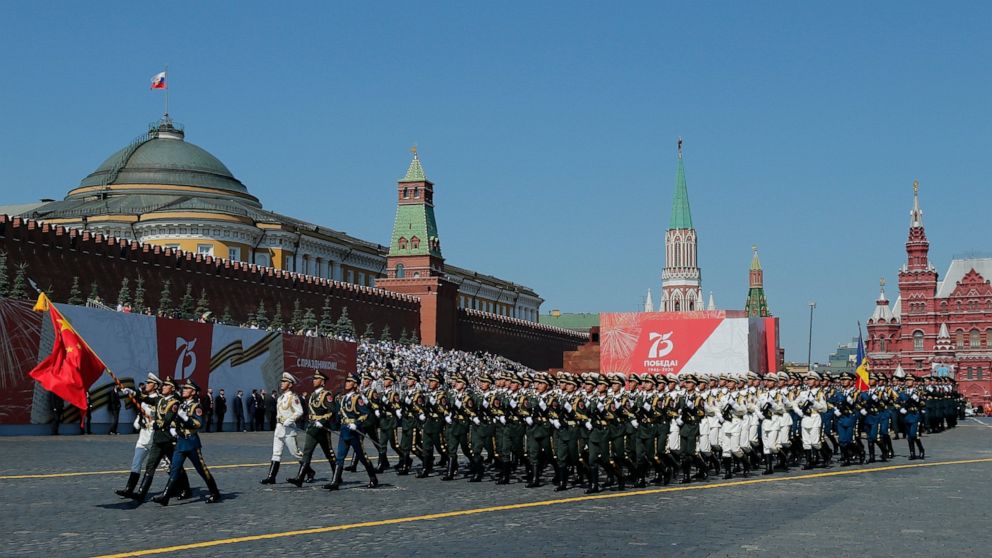


 abcnews.go.com
abcnews.go.com






